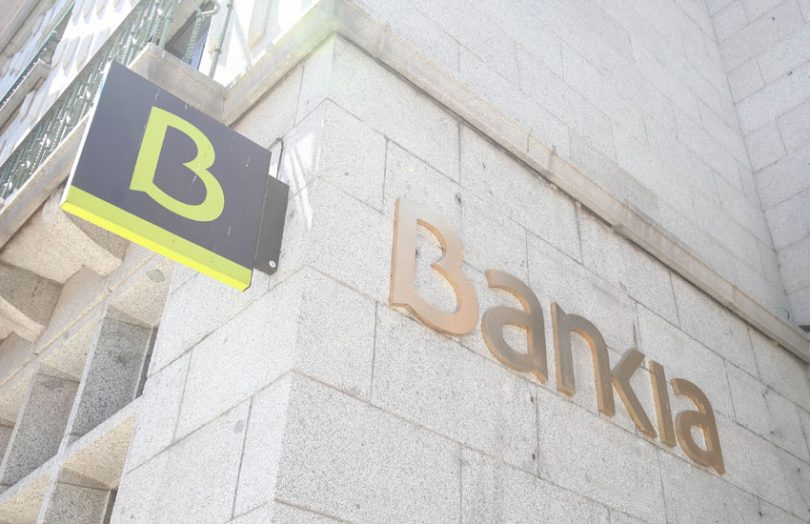Last week Spain’s Bankia submitted its tokenized blockchain payments solution to the new Fintech sandbox run by Spain’s Ministry of Economic Affairs and Digital Transformation. The project is a collaboration with Finweg, a blockchain startup in which Bankia invested last year. After Bankia concludes its merger with Caixabank this quarter, the combined entity will be Spain’s largest domestic bank.
The sandbox blockchain payments platform creates an electronic payment instrument which the bank says can have the same security status as a commercial check or promissory note.
“In this context, Bankia is committed to projects that aim to revolutionize the financial system through the digitization of services that add value to customers, such as payment systems for SMEs and companies, supported by the most advanced technology,” said Ignacio Cea, Corporate Director of Innovation and Cybersecurity Bankia.
Previously Finweg was a finalist at Bankia’s Fintech accelerator and implemented a proof of concept for the life cycle of electronic promissory notes and checks.
Finweg has a blockchain payments solution that offers multiple use cases. Apart from electronic checks, one of them is an advanced direct debit process that allows the current status to be visible to all participants, such as the user, the payment beneficiary and their banks.
It also provides a conditional payment solution. This is something that trade finance platform we.trade has offered and found a significant appetite for amongst SMEs. Small businesses want to see evidence that they will receive money for a business transaction, provided a clear condition has been met, such as a delivery note.
The blockchain startup has other use cases for deferred payments and their financing, managing guarantees and certificates of deposit.
Meanwhile, the Fintech sandbox launched its first call for applications on January 13, which will close on February 23.
While Santander and BBVA may have grabbed some blockchain headlines, Bankia has a variety of activities. In the middle of last year, it launched ChainLab to explore blockchain use cases in the financial sector.
Along with most other major Spanish banks, it’s a participant in Iberpay’s blockchain payment trials. It also has significant identity activities. It’s a member of the Spanish consortium Alastria, which in turn is host to Dalion, the blockchain-based digital identity verification solution. It’s also a participant in the Niuron banking consortium.






